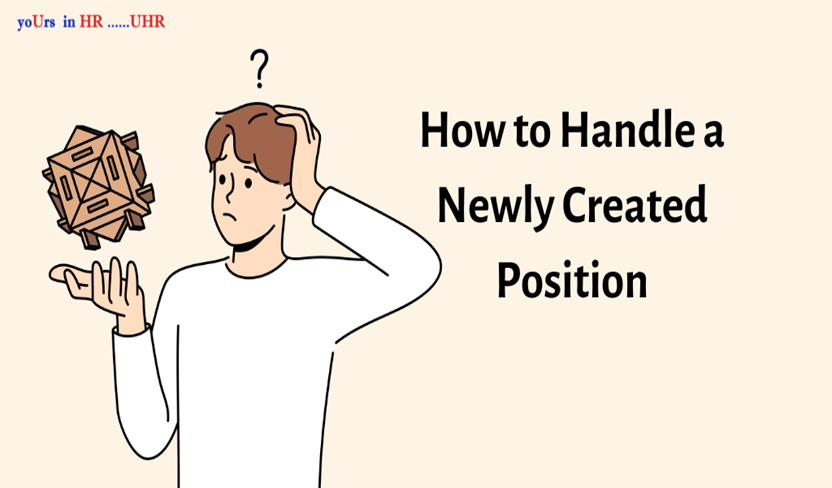
You have just got a new job. In fact, it is not just a new job but it is also a newly created position.
Or perhaps within your current organisation, you have been shifted to a newly created position- you are the first person to hold this title.
Companies often create new positions based on their requirements, long-term goals and even due to concerns about employee retention. While such innovation is a great idea to ensure smooth transitions on paper, implementing it in real life can be challenging.
What can you do if you have been put in a newly created position? Read on!
Define, define, define:
A newly created position has no predecessors- no former holder of the position who could mentor or looked up to. No one knows how a day at work for them is going to look like. In such a situation, it is a great idea for the employer and employee to work in collaboration and define the working aspects of the role.
- Define the expectations
- Define the long term and immediate goals
- Define the duties expected and not expected
- Define who is going to be a part of the interactions in terms of departments, personnel, and teams
It might be tempting to wing it and make the new role as it comes, but before one could have a scope to learn, adapt and improve, some structure needs to be there. Think about it this way- while working in and with a newly defined role might feel freeing, like skating in an empty rink, it is also necessary to ensure the rink itself has strong railings and boundaries, and that one has an understanding about the kind of skates to be worn to ensure a graceful skating experience. A game, no matter how new, requires some rules to ensure there is some method to the madness.
A newly created position means it is unlikely that a system is going to be in place. Working in already established roles has the benefit of simply replacing someone in an existing system. Working in a newly created role means you may have to develop a system, and that’s an opportunity to build a best, if not the best system. And the first step to do that is to define and concretize.
Be Flexible:
On the other end of this spectrum of defining expectations is the urge to follow a preconceived template of how systems are meant to function. It is important that one keeps an open mind, and remains flexible and receptive to the possibilities that might crop up.
It is also possible that the expectations and systems that you defined and set up earlier may become unnecessary, obsolete, or may need constant tweaks for a while before something gets settled. Be open to such possibilities, rather than fretting over things going wrong.
Things might go wrong indeed, initially as one tries to apply the position into the real world, and real repercussions are discovered about certain steps. Be open to trial and error, be open to change, and be open to reworking and redrawing plans until something stable is formed. As author Jon Acuff says: ‘momentum is messy’. Creation and change can be messy because they change the existing status quo, and that can be quite a tumultuous process. But that also means that things are moving, which is a great sign in itself.
‘Hybrid’ Roles:
A newly created position is often a mix of two to three other roles, and as a result, concerned with two to three departments or teams at a time. This means a person in this new role may have to correspond with all those departments, along with the team-leaders of those departments.
A mix of multiple roles, and reporting to ‘multiple bosses’ demands a certain level of interpersonal and social skills, dealing with multiple perspectives, along with an ability to integrate all inputs into a coherent system. It helps to draw up clear expectations and a plan to balance the multiple departments.
Newly created positions are created for a reason, and it is important to remain true to that reason, and at the same time accept that one will need to take a growth-oriented, flexible and open-minded approach towards the newly created position. Creation of systems, expectations, objectives and tasks might undergo a change, and that is but a natural result of momentum.

